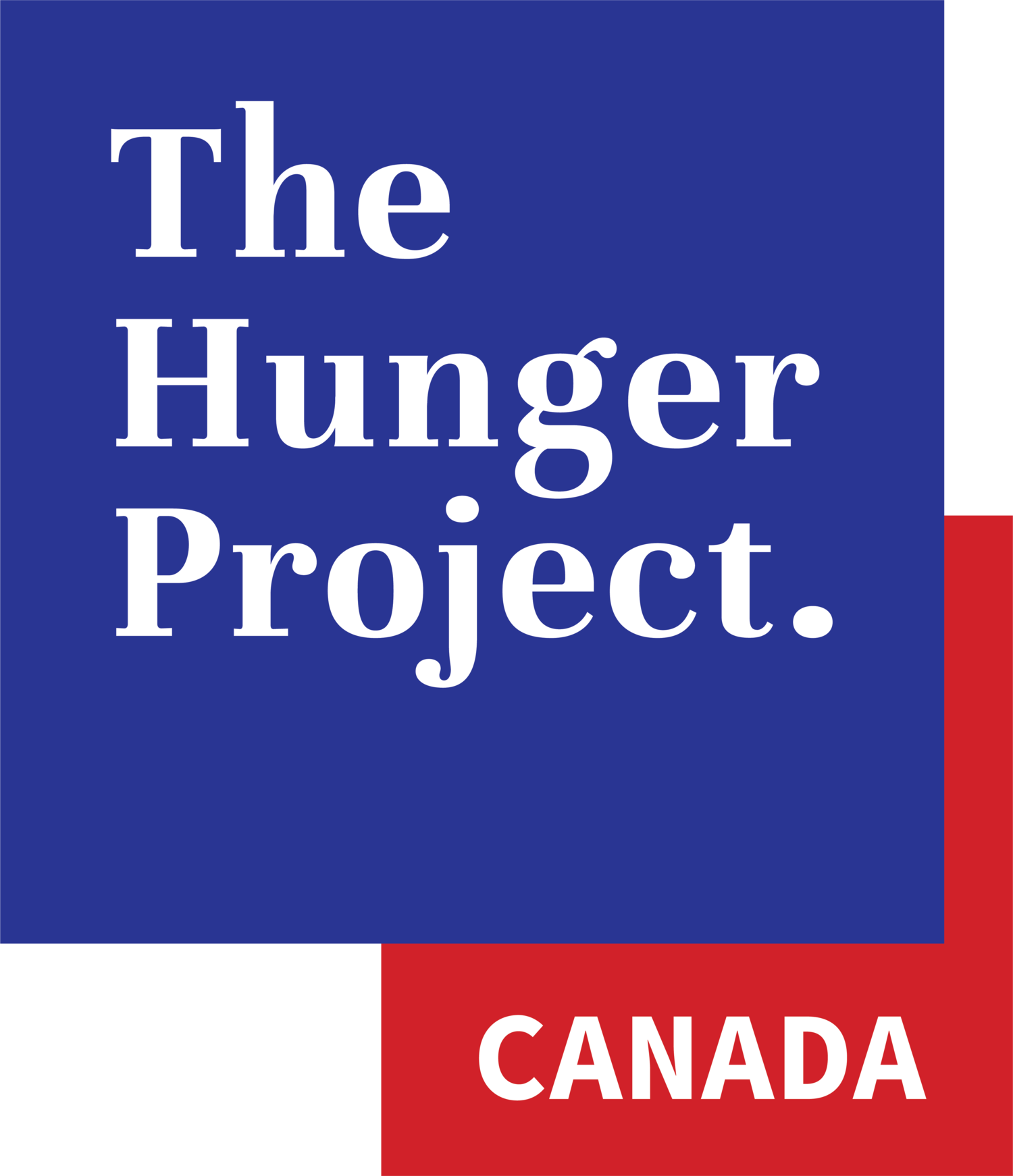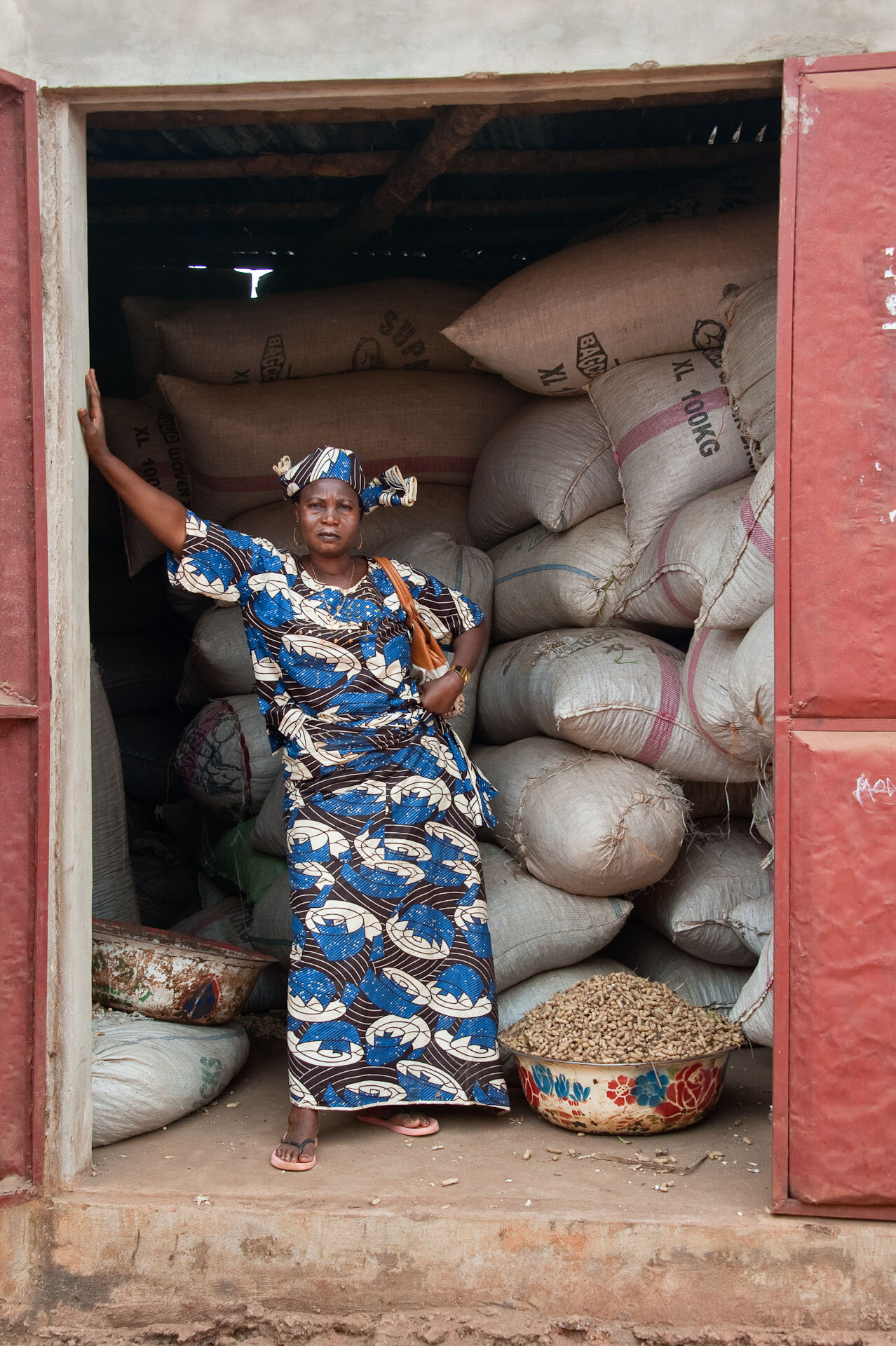50+ Epicenters Have Declared Self-Reliance.
At The Hunger Project, we know the value of a learning-minded, holistic development approach. We partner with communities, designing programs that build the capacity of local women, men and children to lead their own development and evolve to meet changing needs. When the Epicenter Strategy in Africa was launched over 20 years ago, each epicenter progressed through four phases, eventually graduating to a designation of "self-reliant." Since then, our gender-focused self-reliance strategy has evolved and proven successful across Africa. Within the current Epicenter Strategy, when an epicenter makes measurable progress in nine designated program areas, the communities declare self-reliance, sustainably and independently maintaining development momentum. We ended 2020 by marking a monumental milestone: more than 50 epicenters across eight countries have declared self-reliance. That is, over 50 epicenters, representing 974 communities and nearly 900,000 people, have declared their commitment and capacity to leverage local resources and governments to achieve economic and environmental sustainability.
These communities have made transformational progress during their time with The Hunger Project.
A total of 34 out of 54 epicenters have eliminated severe hunger entirely and nine more have reduced severe hunger to less than 1%.
A diversified and stable income is key to maintaining progress in these communities and, as of the end of 2020, over half of rural households have sustainably increased their income through new, non-farming businesses.
For the 468,000 women participating in programs at self-reliant epicenters, learning new business skills has enabled them to launch their own businesses. Now, more than a quarter of new businesses are woman-owned.
With health concerns at the forefront of our minds worldwide, healthy practices at self-reliant epicenters have improved conditions for community members of every age. Programs in water and sanitation have successfully reduced diarrheal disease for children under 5 years to 11%.
Gender Inequality Workshops have reached 43% of people over the age of 15 with accurate and comprehensive HIV/AIDS information, debunking myths and destigmatizing treatment and prevention.
The successes of these self-reliant communities represent not only an end to hunger, but also hundreds of thousands of lives of self-reliance and dignity being lived each day. Women who were once silent are now the leading voices in their communities. Children once denied access to education have a brighter future. Individuals who once woke up each day in food insecurity are looking to the far future with confidence. And mindsets of resignation have forever transformed into mindsets of potential and opportunity.
Over the last 20 years, we’ve continuously refined the Epicenter Strategy and what we are implementing today looks very different from what it looked like when we started. As we look to the future, we will continue the trend of learning. We will learn from these self-reliant communities as they thrive and will find new ways to implement proven models for community leadership. This collaboration between The Hunger Project and community partners serves as a testament to the potential for widespread adoption of community-led models throughout Africa and beyond.



